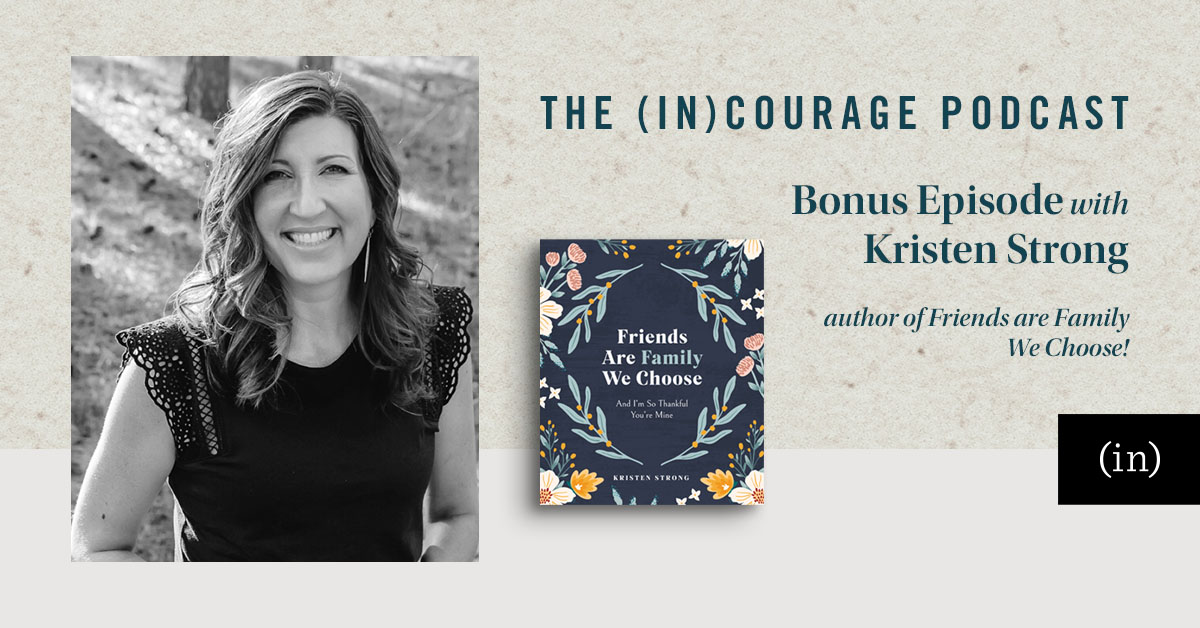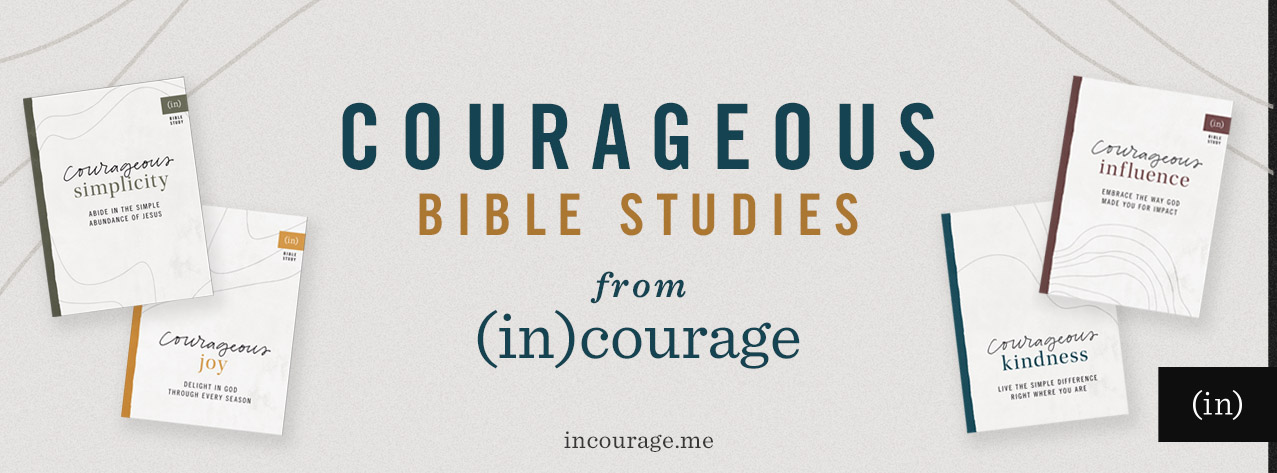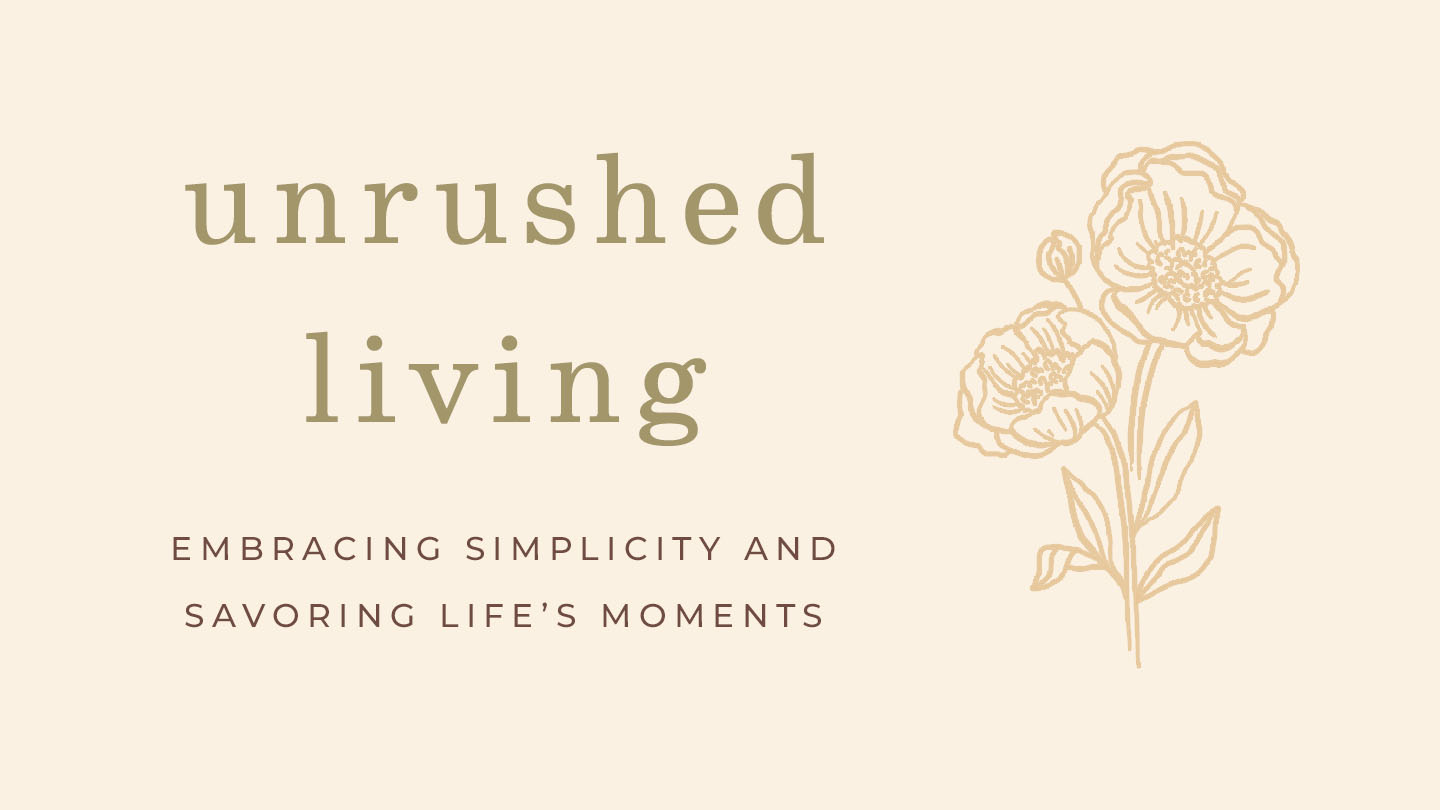When our daughter, Faith, was eight years old, we learned she had a broken vertebra. At the time, one of the best pediatric neurosurgeons in the country lived in our town of Colorado Springs, so Faith’s surgery to correct the malformation happened on our home turf. My husband, David, and I soldiered through the emotional day of her surgery relying on God, the prayers of loved ones, and each other. When we received word that the surgery was a success, we all but collapsed in exhaustion and relief.
The following day, our friends, Ryan and Rebecca, asked if they could bring their own two children to visit Faith in the pediatric intensive care unit. We replied, yes! rather enthusiastically. With no extended family in town, we were thrilled at the prospect of visiting with supportive friends.
While we waited for them to arrive, Faith watched a Barbie princess movie—her choice distraction from the pain and limited mobility. As I filled her water cup, my cell phone rang. Seeing it was Rebecca, I answered. She proceeded to explain that she and her family were in the PICU waiting room, but the nurse on duty wouldn’t let them through.
“Hold on, I’m gonna talk to somebody. I’ll be in touch.” I said before hanging up the phone.
Chock-full of exhaustion and clean empty of civility and patience, I marched up to the nurse’s station and said exasperatedly to the nurse behind the counter, “Excuse me, I’m Kristen, mom to your patient in room 204. Can you please explain to me why our friends can’t visit my daughter?”
The nurse sighed with her own exasperation.
“Only family of patients are allowed into the PICU, ma’am,” she answered without looking up.
I leaned in, ever so slightly. “Ma’am, with all due respect, that’s not a helpful rule.”
She then looked up.
Continuing, I said, “We have no extended family in town, and these friends are our local family. They’re all healthy, fit as a fiddle. Our daughter would be mighty happy to see them, and a happier patient makes for a better recovery, right?”
On the outside, I smiled just a tad. On the inside, I prayed that God would move her to consider reason over rules. After a moment of silence, the nurse acquiesced and let our friends through.
As they walked into the room, Faith smiled as big as Texas. She thoroughly enjoyed the conversation and get-well gifts they brought. By the time our friends left, Faith showed more spunk and spirit than she had in days. What’s more, all five of us Strongs felt buoyed by the bit of normalcy brought in from outside the hospital walls.
These friends are just one example of what I like to call my “framily.”
Framily is a term for friends who fill in the gaps left by an absence of family, especially when you don’t live in the same area as your relation or when they choose not to be actively involved in your life. In no way do these friends replace your family! My extended family is very important to me. But for most of my adult life, I’ve not lived near them.
When that is your reality, you understand that you still need help when life gets tricky. For example, when surgery knocks you out of commission, you need someone to bring you dinner. When you’re sick as a dog, you need someone to watch the kids. When you go on vacation, you need someone to water your plants or feed the cat or bring in the mail. Framily helps you (and you help them!) with middle-of-the-night emergencies and broad-daylight necessities.
More than that, they’re soul-sisters who help you persevere in the faith.
Framily is a great idea because it is God’s idea! Proverbs 18:24 tells us about a friend who sticks closer than a brother. Proverbs 27:10 says when hard times come, it’s better to not travel far for help, but to get help where you are.
When life throws a lot at you, framily is your in-person help — like our friends were for us.
To honor the framily in your life, I’ve written a small but mighty gift book, called Friends Are Family We Choose.
It would be the perfect gift to honor your own framily on occasions such as:
National Friendship Day (August)
Birthdays
Friendsgiving
Christmas
Galentine’s Day (February 13th)
Pastor Appreciation Month (October)
Military Spouse Appreciation Month (May)
Specifically, it would be the perfect gift to honor the:
Hostess
Adopted Aunt or Grandma
Pastor’s Wife
Military Wife
Bible Study Leader
Small Group Leader
Neighbor
…or Bestie in your life.
If you don’t have the words to tell that friend you love like family what she means to you, I’ve come up with the words for you through this book! It’s a poignant-with-a-side-of-humor hardback that’s also beautifully designed, and it’s for any gal you want to thank for being the friend you love like family.
This world is a divisive one, and plenty of words get thrown around that tear others down.
Here’s to using our words to build up and bless.
Here’s to friends who model the love of Jesus in our lives.
And here’s to buoying the spirit of the framily you couldn’t live without.
—
If you want to tell your friend what she means to you but don’t quite have the words, Kristen Strong is here to help. She is an (in)courage writer and an author whose books include Girl Meets Change and Friends Are Family We Choose, and she writes as the friend helping you get in your friendship groove. Her gift book, Friends Are Family We Choose, is a small but mighty book that’s just the thing to bless the bestie or good friend in your life that you love like a member of your own family.
Order your copy today . . . and leave a comment below for a chance to WIN a copy*!

Then join Becky Keife this weekend on the (in)courage podcast for a conversation with Kristen about this sweet new book. Don’t miss it!




